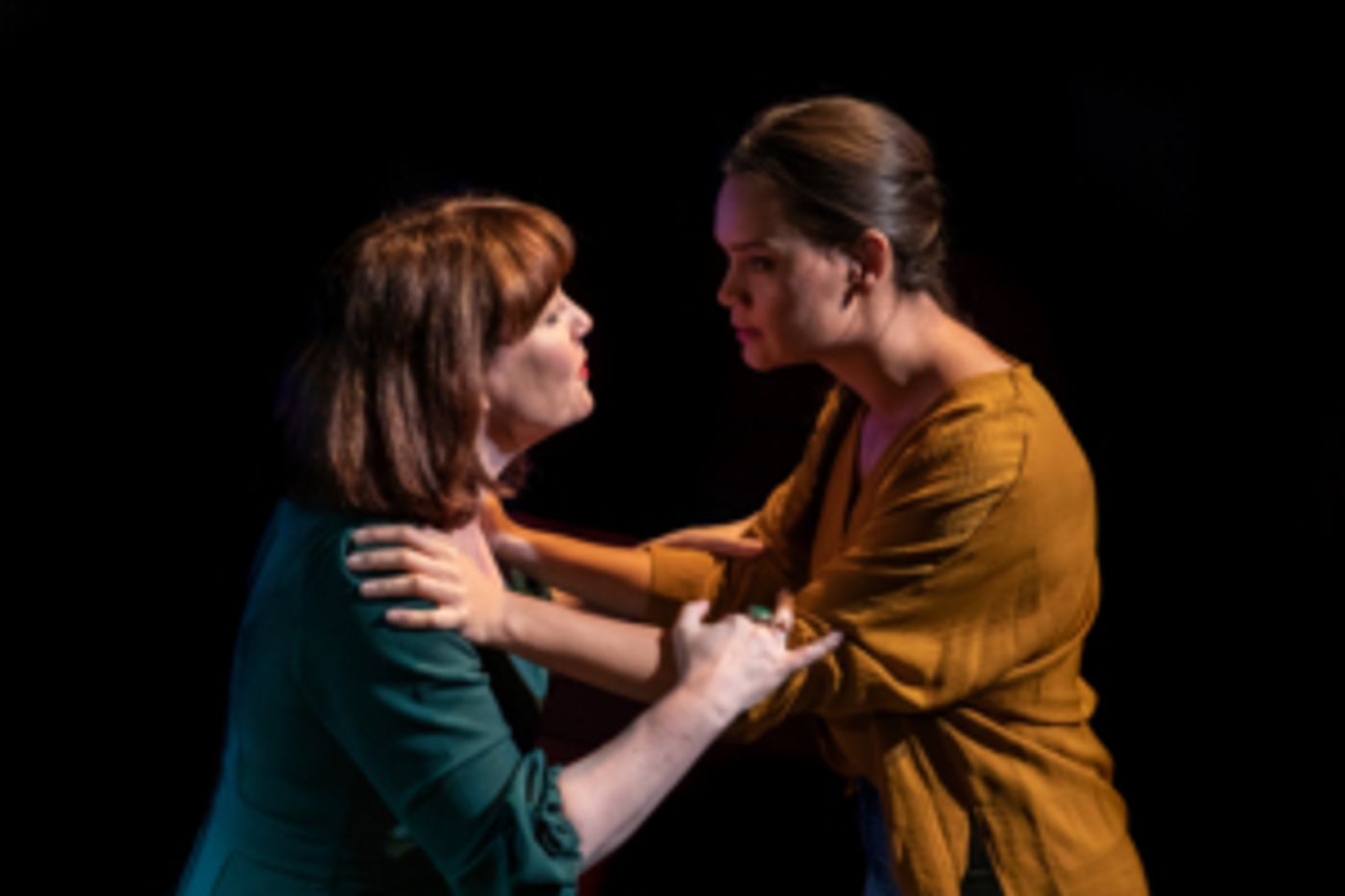Review: ANAHERA, Finborough Theatre

![]()
While 11-year-old Harry is missing, his parents are being supported by the newly graduated Maori social worker Anahera. When some unusual parenting practices resurface, she decides to take a stand and go against privilege and prejudice to help the family. Emma Kinane's play comes to Finborough Theatre directed by Alice Kornitzer after receiving outstanding reviews and multiple accolades in New Zealand, where it premiered in 2017.
Kinane works on two main timelines, alternating the chilling confrontation between Anahera and the parents with an equally disturbing family reunion twenty years later, giving the company a profound script that drives them to deliver earnest and intense performances. Acushla-Tara Kupe is the title character; subtly expressive in her stance, she hides Anahera's strength under a stoic and only apparently naïve persona.
Solid in her beliefs and unmovable in her choices, she barges into new territory where she's evidently out of her depth. She takes pride in her mission as she stands up for herself and the kids even when confronted by Rupert Wickham's imposing and thundering Paul, Harry's father, holding her own in the face of a couple whose way of living goes beyond her understanding, rebuking their decisions quietly.
Wickham is flanked by Caroline Faber as his wife, a stern and hostile woman who's more concerned with her expensive floors than any of the issues Anahera points out. She delivers an astounding performance, placing the steely and uncompromising mother of the past against the ailing and aging frail woman of the second level of the narration. She pulls on Wickham's patronising tendencies and edges him towards her own cruelty, while he nearly reveres her.
Jessica O'Toole and Paul Waggott play older versions of Imogen and Harry, who've come back to their childhood home one last time after her willingness to patch things up with their mother. As the parents reach their own breaking points at different times, Kinane employs decisively distinct characterisations for their psychological spheres that end up weighing differently on their kids' lives.
Kornitzer heightens their personal dynamics with her direction: the actors orbit around the centre of the stage, divided by more than just the coffee table that's part of Emily Bestow's elegantly upper-class set. The silence becomes deafening in the pauses that the playwright weaves into her dialogue-heavy piece of theatre. They run in circles, avoiding the core issue as they keep crossing each other and ignoring the permanent emotional damage they're inflicting to one another.
While they take turns to spit streams of vitriol onto Anahera, Kinane sprinkles instances of dark humour that act as a coping mechanism for the characters as much as create a diversion to lighten the mood swiftly in the tension created by the sensitive subject.
The overwhelming performances solidify the effects of childhood trauma and unhealed wounds, and Anahera manages to start a conversation that has no effective resolution. The realism portrayed is disquieting and the displacement of fault from one family member to the next leaves all ends untied, offering a truthful (and perhaps even too real) window onto reality.
Anahera runs at Finborough Theatre until 28 September.
Photo credit: Ali Wright
Reader Reviews
Videos

